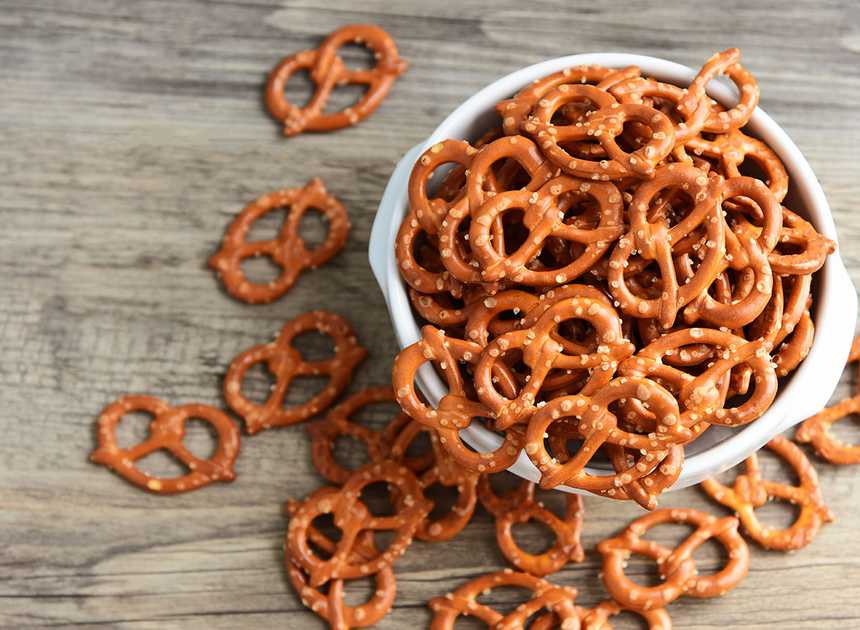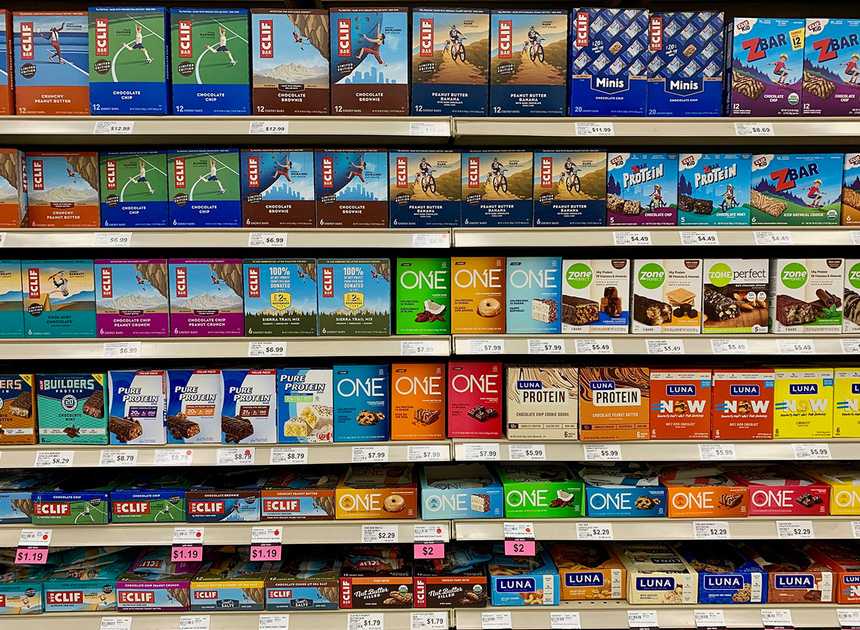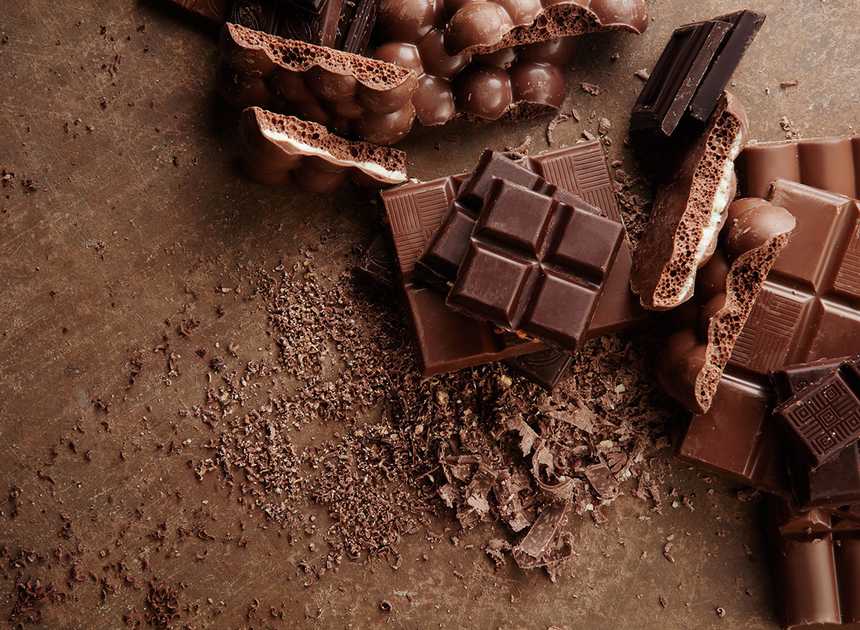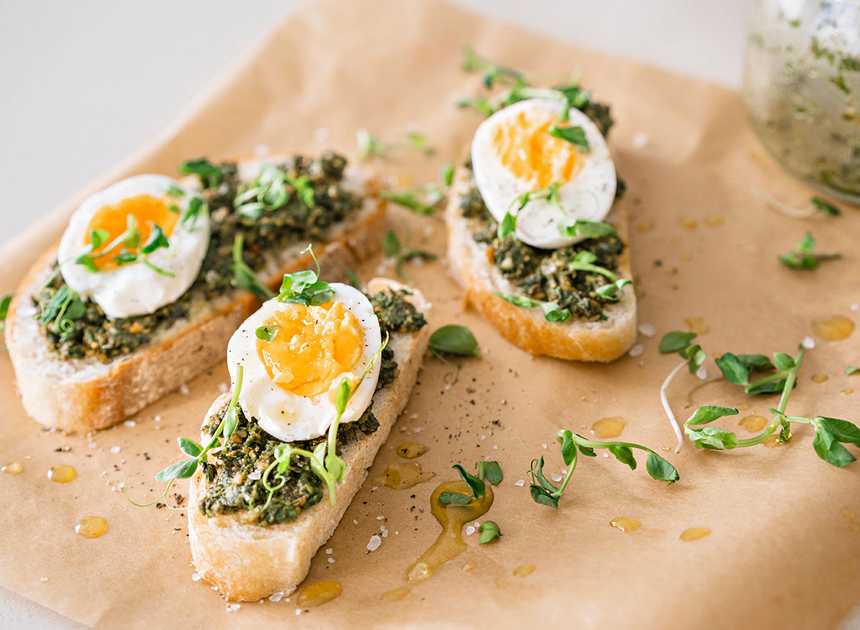Popular Foods That May Cause Lasting Damage to Your Skin, Say Dermatologists

It’s no secret that too much sun exposure can wreak havoc on your skin over time, and by now we all know that washing your face daily certainly helps keep acne and blemishes at bay. But did you know that your diet also impacts skin’s appearance?
As it turns out, there are certain foods that can lead to acne breakouts, as well as those that may accelerate the appearance of fine lines and wrinkles. “We all know that the environment, our genes, and our skincare routines can influence the appearance of our skin. What’s lesser-known is that the food we eat plays a role in how our skin looks and feels, too,” explains cosmetic dermatologist Michele Green, MD.
“When we take a closer look at the relationship between skin health and diet, it can be seen that there are some foods that may be doing more harm than we may realize,” she explains.
According to numerous dermatologists we spoke to, there are many popular foods that can cause lasting damage to your skin, especially if you consume them frequently. “Fast foods, dairy products, sugars and chocolates, and fried foods all have the potential to contribute to the formation of fine lines, wrinkles, acne, and uneven skin tone,” Dr. Green says. “Some of the foods we might love the most may be best consumed in moderation in order to keep skin looking young, healthy, and radiant.”
Keep reading for the popular foods dermatologists recommend you stay away from if you want your skin to look as healthy and youthful as possible, and for more on healthy eating, don’t miss 7 Healthiest Foods to Eat Right Now.
1
Processed Meats
“Processed meats contain high amounts of saturated fats and nitrates that lead to inflammation,” says Yoram Harth, MD, a board-certified dermatologist and the medical director of MDacne. “Examples include hot dogs, bacon, and pepperoni.”
RELATED: Sign up for our newsletter to get daily recipes and food news in your inbox!
2
Fatty Meats
“Eating meat with a high content of saturated fat could contribute to the formation of acne,” Dr. Green notes. “This is because fattier cuts of meat are associated with high concentrations of insulin growth factor. Insulin growth factor stimulates the production of sex hormones (androgens) that trigger an upswing in sebum production and ultimately, the formation of acne.”
Instead of fatty meats, Dr. Green suggests consuming leaner proteins. “Swapping out a fatty piece of meat for a leaner cut can help reduce the impact on the skin,” she adds. “Chicken, fish, and turkey can be good alternatives for fatty meats and may help curb acne breakouts.” For more, see The Best Forms of Lean Protein You Can Eat.
3
Cow’s Milk and Other Dairy Products
“Research shows that consuming a high amount of dairy (specifically cow’s milk) can cause acne breakouts,” Dr. Harth notes.
“Cow’s milk dairy products (like yogurt and cheese) have been shown to increase insulin-like growth factor 1 (IGF-1), which causes an increase in the size of our skin sebaceous gland, more sebum production, and more acne breakouts,” he explains. “Interestingly, it seems that low fat/skim milk causes more acne breakouts than regular milk. The cause can be the higher sugar content in low-fat dairy.” If you’re committed to keeping dairy products in your diet, make sure you’re eating The 15 Best Low-Sugar Yogurts, Approved by Dietitians.
4
Whey Protein
According to Anna Guanche, MD, a board-certified dermatologist, celebrity beauty expert, and founder of Bella Skin Institute, whey protein can cause acne. “Whey protein has been shown to increase acne breakouts,” she says. “Whey protein-based shakes can increase androgen production and this mimics testosterone. This can lead to the building of lean muscle mass but also creates a perfect environment for skin breakouts and acne, by increasing oil production and therefore increasing the chance of opportunistic acne bacteria coming in.” If you need a substitute, try these Vegan Protein Powders for Your Muscle-Building Needs.
5
Microwave Meals
“Microwave meals are linked to skin damage because the plastics melt into your meal causing your body to intake the plastic toxins,” notes Laguna Beach dermatologist Adrienne O’Connell, MD. Microwave meals also tend to be salty, which can impact your insulin factor and have a negative effect on your skin. (Related: Dangerous Side Effects of Eating Microwaved Meals, According to Science.)
6
Mayonnaise
“Mayonnaise is high in omega-6 rich oils and stimulates the inflammatory processes, making skin less than perfect,” says Dr. O’Connell.
7
Baked Goods
“Baked goods like doughnuts and pastries, although they may be delicious, are packed with sugar, which may contribute to the formation of fine lines and wrinkles. Diets that contain high concentrations of sugar and processed carbohydrates have the potential to negatively affect the skin’s collagen production,” says Dr. Green. “Collagen keeps the skin youthful, supple, and firm. When collagen production decreases, there’s less resistance to wrinkles and skin may become lined.” Instead, fill your diet with these 10 Foods Are Better Than Collagen Supplements.
8
Pretzels
Due to their high sodium content, pretzels can wreak havoc on your skin. According to Michele Farber, MD of Schweiger Dermatology Group in Philadelphia, “salt and other ingredients that dehydrate skin, including alcohol and coffee, can contribute to wrinkling and fine lines.”
9
Artificially-Sweetened Foods
“Artificial sweeteners have been shown to be able to affect our hormones in the same way as sugar so therefore they may also contribute to acne. And studies have also shown that dairy products may contribute to acne,” explains NYC dermatologist Hadley King, MD. “We think that they promote insulin secretion and the production of hormones, such as IGF-1, which is known to be a major contributor to acne development.”
Foods that can contain artificial sweeteners include everything from candy to ice cream to even some instant oatmeals.
RELATED: 24 Best and Worst Instant Oatmeals
10
White Bread
“Refined carbohydrates, such as white bread, are one of the biggest contributors to glycation, a process where sugar attaches to collagen,” explains NYC-based dermatologist Joshua Zeichner, MD. “These modified collagen molecules, known as advanced glycation and products, do not bend the way that healthy collagen normally does. Instead, the collagen becomes rigid and fractures, weakening with the foundation of the skin.”
His tip? “Instead of white bread, stick to whole-grain bread.” In addition to not being a source of refined carbs, the nutritious alternative is also a great source of fiber, which helps keep you fuller longer.
11
Foods With a High Glycemic Index
“Sugar (which has a high glycemic index) is the enemy of collagen in the skin whether from processed foods, like potato chips fried in oil, daily candy bars, and soda, or not,” notes Diane Madfes, MD, FAAD and assistant professor of dermatology at the Mount Sinai School of Medicine. “Sugar triggers elevation of insulin levels causing inflammation and free radical damage. Elevated glucose in the blood also damages our small blood vessels contributing to microvascular disease.”
She continues: “Studies in diabetic patients show poor skin elasticity, slow wound healing, and accelerated aging skin. Aging skin shows wrinkles and brown spots. You may be surprised that foods with hidden sugars contribute to wrinkling. Avoid white bread and white sugar. It is the chronic consumption that leads to prematurely aging skin.” Instead, replace it with The Best Store-Bought Breads For Every Health Goal.


